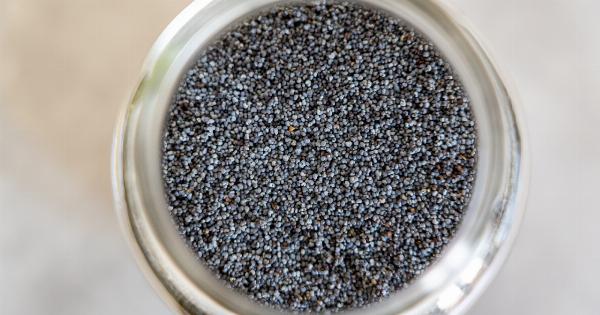A protein-rich diet has gained popularity in recent years due to its association with weight loss, muscle gain, and improved athletic performance.
Many individuals, including fitness enthusiasts and athletes, are adopting protein-rich diets to meet their nutritional needs and achieve their health and fitness goals. While protein is an essential macronutrient for the body, consuming an excess of it or solely relying on protein-rich foods may pose certain risks to overall health.
In this article, we will explore the potential risks associated with protein-rich diets and delve into the importance of moderation and balance in achieving optimal health.
The Role of Protein in the Body
Protein serves as a building block for various tissues, including muscles, skin, and organs. It is involved in numerous bodily functions, such as repairing damaged tissues, producing enzymes and hormones, and supporting the immune system.
Consuming an adequate amount of protein is crucial for the body to function optimally.
The Hype around High Protein Diets
High protein diets have gained immense popularity over the years, primarily due to claims of rapid weight loss and increased muscle mass. These diets often involve significantly increasing protein intake while decreasing carbohydrates and fats.
While it is true that protein helps in promoting satiety and preserving lean muscle mass, it is important to consider the potential risks associated with these diets.
Potential Risks of Protein-Rich Diets
1. Kidney Strain:.
Consuming excessive protein on a regular basis can put a strain on the kidneys. Increased protein intake leads to increased workload on these vital organs as they have to work harder to eliminate the waste products produced during protein metabolism.
This can potentially lead to kidney damage and impair kidney function.
2. Nutritional Imbalances:.
Protein-rich diets often focus solely on protein sources, neglecting other essential nutrients. Relying heavily on protein can lead to deficiencies in important vitamins, minerals, and fiber that are necessary for overall health.
It is important to ensure a balanced diet that includes a variety of nutrient-rich foods.
3. Increased Risk of Heart Disease:.
Some studies suggest that certain high-protein diets, particularly those high in animal protein, may be associated with an increased risk of heart disease.
These diets often include foods that are high in saturated fats and cholesterol, which can negatively impact heart health. Opting for lean protein sources and incorporating a variety of plant-based protein options can help mitigate this risk.
4. Digestive Issues:.
A sudden increase in protein intake can cause digestive issues such as bloating, constipation, and diarrhea.
Protein-rich foods often lack the fiber found in fruits, vegetables, and whole grains, which are essential for maintaining a healthy digestive system. Including adequate fiber in the diet is crucial to prevent such issues.
5. Nutritional Ketosis:.
Extreme protein-rich diets, such as the ketogenic diet, may induce a state of nutritional ketosis. This occurs when the body is deprived of carbohydrates and starts using fat as its primary fuel source.
While this can lead to rapid weight loss, it is important to note that prolonged nutritional ketosis can have detrimental effects on overall health, including nutrient deficiencies, constipation, bad breath, and increased risk of kidney stones.
The Importance of Balance and Moderation
While protein is indeed essential for overall health, it is crucial to consume it in moderation and in conjunction with a well-rounded diet.
The Dietary Guidelines for Americans recommend that protein should constitute 10-35% of total daily caloric intake. This range allows for variability in individual needs and ensures adequate intake without going overboard.
Healthy Protein Sources and Alternatives
Instead of solely relying on animal-based proteins, it is beneficial to include a variety of protein sources in the diet.
Some healthy protein-rich options include lean meats, poultry, seafood, eggs, dairy products, legumes, tofu, tempeh, and plant-based protein powders. By diversifying protein sources, individuals can reap the benefits of different nutrients and reduce the potential risks associated with excessive animal protein consumption.
Conclusion
While protein is an integral part of a healthy diet, excessive reliance on protein-rich foods or following high protein diets can have consequences on overall health.
It is important to find a balance and consume protein in moderation, ensuring that other essential nutrients are not neglected. By incorporating a variety of protein sources and maintaining a well-rounded diet, individuals can achieve their health and fitness goals while minimizing potential risks.


























